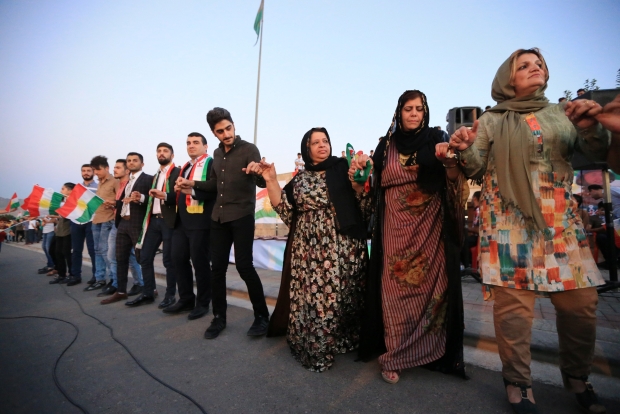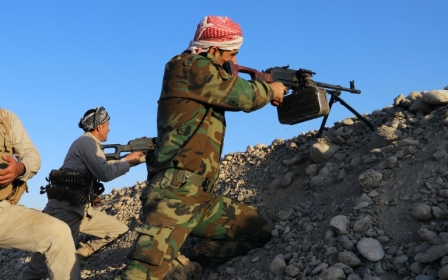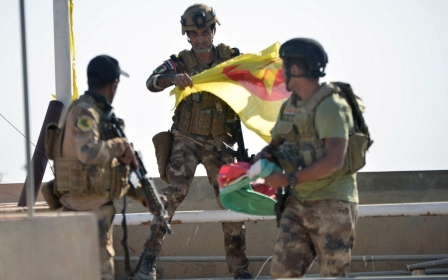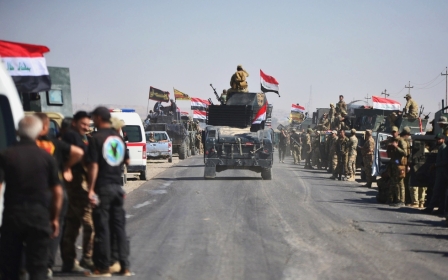Barzani's catastrophic gamble: Now Kurdistan's future belongs to others
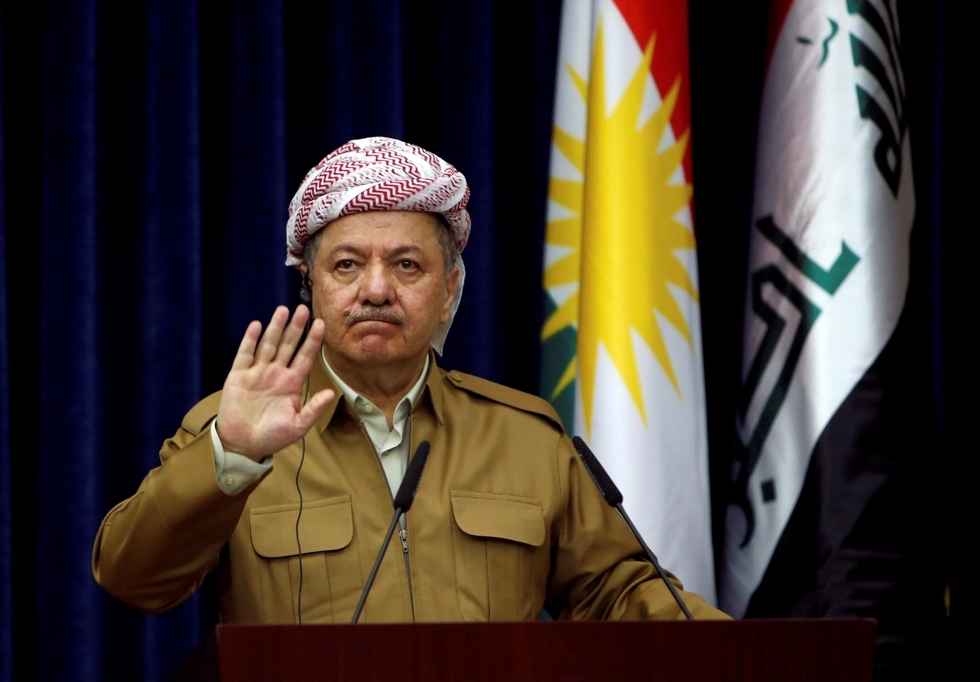
I think every Kurd - and Kurdish sympathiser - must have thought that the referendum on Kurdish independence wasn't actually going to happen. And even if it were to happen, there must be some realpolitik going on behind the scenes - or at least a plan B.
Unfortunately, like every other issue the present Kurdish leadership has approached in the past few years, it seems that this move was ill-planned and was based on empty words and puffed egos, with little to no real debate that engages the Kurdish people.
Every day since the vote took place just seems to validate that this move was only an explosive trigger for conflict.
Warning signs
For those who have been following the chatter on the Kurdish street, the warning signs were there. Although on the surface, there seemed to be ample support for the move, scratch a little deeper and there were great misgivings about those championing the referendum, and their intentions.
Was it a ploy just to keep everyone busy, so that the failures of the Kurdish Regional Government (KRG) could be swept under the carpet? Or did Kurdistan Regional President Massoud Barzani surround himself with such an entourage of yes men, that he couldn't - or wouldn't - see the actual situation on the ground or the stance of regional powers?
The fact that both Barzani, and the Kurdistan Democratic Party (KDP), framed anyone who questioned the referendum as an enemy of the Kurdish cause, left most people believing that they'd wake up on 26 September and a Kurdish state would be born.
The Kurdish leadership would have been much stronger had they turned to the international community with a list of demands from the Kurdish people to Baghdad
Everyone is to blame for this massive misjudgment. First, there was no real open and free debate on the issue. Secondly - and more importantly - the referendum was the Kurdish leadership's strongest card, they played it, and their bluff was called.
The Kurdish leadership would have been much stronger had they turned to the international community with a list of demands from the Kurdish people to Baghdad; this is what we want, or we will go ahead with the referendum.
We would have had the upper hand, but it seemed that Barzani’s stubbornness did not allow any room for discussion. It was an obvious negotiating tactic available to us, and if those leaders failed to know this simple fact, they don't deserve their positions.
Mugabe-like failed state
The West and regional powers also played their part in this mess. Rather than try to win over the Kurdish population by explaining how a nation state requires more than empty rhetoric, they shut down all channels of communication over the referendum.
If - for once - the West was actually honest with the Kurds and told us what we needed to hear - that is we were not ready for such a move and the KRG was failing in every single pillar of governance. Since 2003, the KRG had actually enjoyed relative independence from Baghdad and the result is a government that is $16bn in debt.
Indeed, if an independent Kurdistan were to be declared overnight, we'd immediately be added to the list of corrupt nations, in debt, with no self-sufficiency.
Baghdad can bring life back to normal for the long-suffering KRG population, while diminishing Barzani's control over salaries and influence over employees
I also blame the other Kurdish political parties, leading figures and some segments of the population, because they all knew - at heart - that this move had all the ingredients to create a Mugabe-like failed state.
Why did the same advocates of the Kurdish referendum remain silent when Barzani forcefully shut down parliament on a whim in 2015, or when he entered his 12th year of what was meant to be an eight-year term? Where is the political accountability or the transparency? And more remarkably, why is a region literally floating on oil and gas still in an economic and infrastructural mess?
A federal formula
Let's hope that both Kurds and Arabs follow a more peaceful road to end the conflict. Baghdad can negotiate the natural resources of the KRG back into a federal formula, and start directly paying the state sector salaries which have been not only reduced, but delayed for several months by the KRG. According to Iraq Oil Report, Baghdad’s budget payments to the KRG amounted to as much as $440m each month.
Baghdad can bring life back to normal for the long-suffering KRG population, while ending Barzani's control over salaries and influence over employees.
I still believe that a democratic, free and tolerant Kurdistan will happen one day, and it deserves to happen, but not by this current leadership, who have - time and time again - let their people down with constant incompetence.
We need time to build real institutions that uphold the principle of serving the people, not a cult of personality, or a political party. We need to be honest with ourselves and not blindly follow our leaders, because as it has been proven repeatedly, with every miscalculation, a hard fought achievement seems to be lost.
- Azos Rashid is a former Iraqi diplomat to the UN and WTO
The views expressed in this article belong to the author and do not necessarily reflect the editorial policy of Middle East Eye.
Photo: Iraq's Kurdistan region's President Massoud Barzani gestures during a joint news conference with German Foreign Minister Sigmar Gabriel (not pictured) in Erbil, Iraq April 20 2017 (Reuters)
New MEE newsletter: Jerusalem Dispatch
Sign up to get the latest insights and analysis on Israel-Palestine, alongside Turkey Unpacked and other MEE newsletters
Middle East Eye delivers independent and unrivalled coverage and analysis of the Middle East, North Africa and beyond. To learn more about republishing this content and the associated fees, please fill out this form. More about MEE can be found here.



